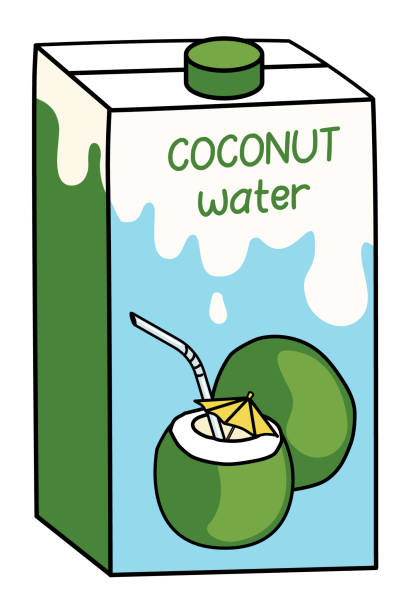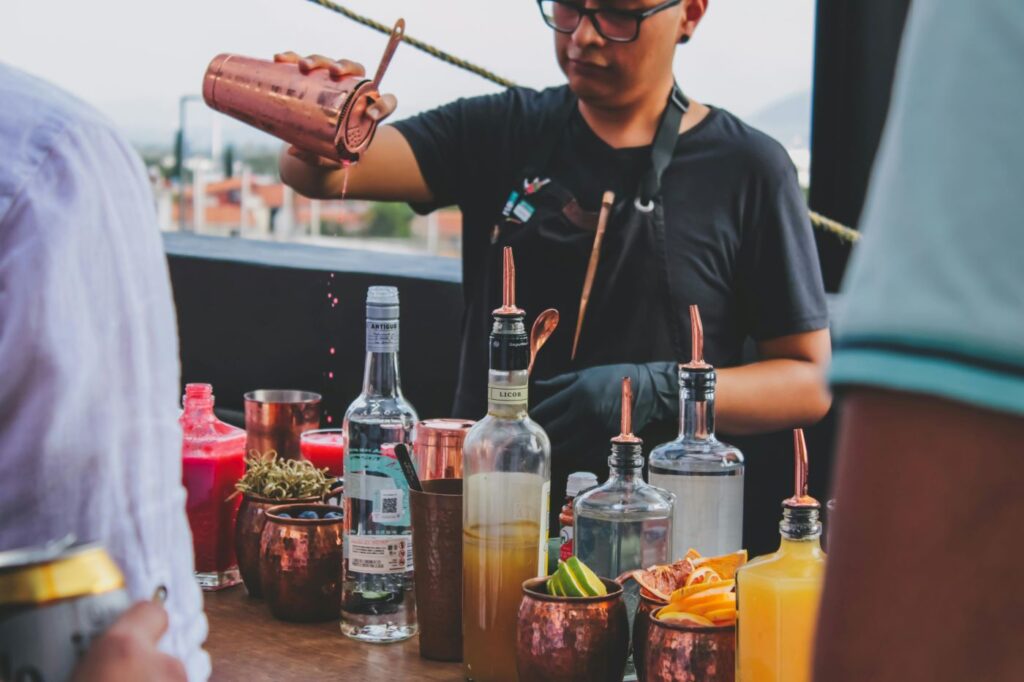Diet & Nutrition, What to Eat and Drink
The Most Dehydrating Drinks Revealed
Hydration is key for overall health and well-being, but the beverages we consume can either help or hinder this vital biological function. While certain drinks are praised for their hydrating properties, others are known for their ability to deplete the body’s water reserves. In this article, we will explore the most dehydrating drinks, throwing light on their composition, effects on hydration levels, and potential health consequences. From caffeinated concoctions to sugary beverages and alcohol-laden libations, we investigate the science underlying their dehydrating effects, allowing you to make informed decisions for optimal hydration and energy. Join us as we reveal the hidden culprits in your glass and discuss how to emphasize hydration in your everyday beverage choices.

Dehydration and Beverages
Understanding Dehydration
Dehydration happens when the body loses more fluids than it absorbs. It can be caused by excessive perspiration, urine, diarrhea, vomiting, or a lack of fluid intake. Dehydration can cause symptoms like thirst, dry mouth, weariness, dizziness, and headaches. In severe circumstances, it might result in confusion, rapid heartbeat, low blood pressure, coma, or even death.
How Beverages Affect Hydration
Beverages’ effects on hydration vary based on their content and quantity. Some beverages can assist maintain fluid balance and offer electrolytes required for normal bodily function. Others can have diuretic effects, increasing urine flow and causing water loss. Here are a few beverages that might dehydrate the body:
- Soda: Most drinks have caffeine and a high sugar content, both of which have drying properties. Caffeine causes increased urination, but sugar alters the osmotic pressure within the gastrointestinal tract, drawing water into the intestines and contributing to water loss.
- Alcohol is a diuretic that increases urine output while inhibiting the release of antidiuretic hormone (ADH), which helps the body retain water. This can cause dehydration, especially if alcohol is drank in high quantities or over an extended period of time.
- Coffee includes caffeine, which has diuretic properties similar to those of alcohol. However, coffee contains less caffeine than soda or energy drinks, so its dehydration effects may be less evident.
- Energy drinks: Energy drinks are frequently heavy in caffeine and sugar, which can have diuretic effects and contribute to water loss. They may also contain additional stimulants that raise heart rate and blood pressure, disrupting fluid balance.
- Commercial fruit juices: Like soda, commercial fruit juices (which are often high in empty calories) can cause dehydration. Fruit juice and fruit beverages are strong in carbs, which can irritate your stomach and worsen dehydration symptoms.
Finally, stay hydrated by consuming plenty of fluids throughout the day. However, not all beverages provide equal hydration. Choose water, herbal tea, coconut water, or sports drinks with additional electrolytes to assist maintain fluid balance and prevent

Alcoholic Drinks and Dehydration
Effects of Alcohol on Hydration
Alcohol is known to dehydrate the body. When ingested, it interferes with the body’s ability to retain water, resulting in dehydration. This is because alcohol inhibits the production of vasopressin, an antidiuretic hormone that controls the body’s water balance. As a result, the kidneys generate more urine, causing the body to lose fluids.
Alcohol as a Diuretic
Alcoholic beverages, particularly those with a high alcohol level, serve as diuretics. This means that they stimulate urine output, causing the body to lose more fluids than it consumes. Beer and wine, with lesser alcohol concentration, have a less significant diuretic impact than liquor, gin, rum, vodka, and whiskey.
It is worth noting that the diuretic effect of alcohol can result in a hangover. Alcohol use causes the body to lose water, which can produce headaches, lethargy, and other hangover symptoms. To avoid dehydration, drink water in between alcoholic drinks.
In summary, alcoholic beverages dehydrate the body due to their diuretic characteristics. It is critical to drink water alongside alcoholic beverages to avoid dehydration and the symptoms of a hangover.

Caffeinated and Sugary Drinks
Caffeine and sugar are two typical constituents in many popular beverages. However, they can also lead to dehydration. This section of the article will look at the roles of caffeine and sugar in dehydration and how they influence the body.
Caffeine’s Role in Dehydration
Caffeine is a natural diuretic, which means it stimulates urine output and causes the body to lose water. Caffeine causes the kidneys to generate more urine, which can lead to dehydration if not replaced with fluids.
Coffee and tea are two of the most common caffeinated beverages, and both can lead to dehydration. However, not all caffeinated beverages are made equal. Energy drinks, for example, can contain high levels of caffeine and other stimulants, making them more dehydrating than coffee or tea.
Sugar’s Impact on Hydration
Sugary beverages, such as soda and sports drinks, can also lead to dehydration. Consuming too much sugar might cause your body to generate more urine, resulting in dehydration. Furthermore, sugary drinks might trigger a blood sugar surge, resulting in increased thirst and frequent urination.
It’s crucial to understand that not all sugar is made equal. Natural sugars, like those found in fruits, are less likely to promote dehydration than added sugars found in processed meals and beverages.
To stay hydrated, drink water or other fluids free of caffeine and added sweets. If you consume caffeinated or sugary beverages, make sure to drink enough of water to replenish your fluids.

Hydrating Alternatives
Healthier Beverage Choices
While some drinks can dehydrate you, there are many of healthy beverage options to keep you hydrated throughout the day. Water is, of course, the greatest way to stay hydrated, but there are other possibilities. Coconut water is a popular option since it is strong in electrolytes and can help replace fluids lost during exercise or sweating. However, coconut water is strong in natural sugars and should be drank in moderation.
Fruit juice can also be hydrating, but make sure you buy 100% juice with no added sugars. Another fantastic choice for flavoring your hydration routine is infused water, which contains no calories or sweets. Simply add fruits, veggies, or herbs to your water to create a pleasant and hydrating beverage.
Natural Hydration Boosters
In addition to healthier beverage options, natural hydration boosters can help you stay hydrated. Herbal teas are an excellent alternative for providing a multitude of health advantages while also hydrating the body. Some popular options are ginger tea, which can help calm an upset stomach, and peppermint tea, which aids digestion.
Fruits and vegetables are also effective natural hydration boosters. Watermelon, cucumbers, and celery are all high in water content and can help you stay hydrated all day. Incorporating these foods into your diet can keep you hydrated while also providing a number of additional health benefits.
Overall, there are many of healthful and dehydrating drinks options accessible. You can keep hydrated and healthy all day by drinking the correct liquids and include natural hydration enhancers in your diet.
Conclusion
As we end our investigation into the most dehydrating drinks, it is clear that awareness and moderation are critical to maintaining adequate hydration levels and general health. Individuals can make more informed hydration choices by understanding the components that contribute to dehydration in beverages, such as caffeine content, sugar levels, and alcohol concentration. While these dehydrating drinks are tempting to consume on occasion, they must be balanced with hydrating options such as water, herbal teas, and electrolyte-rich beverages. Allow this knowledge to inspire you to prioritize hydration and make conscious beverage choices that nourish and support your body’s needs, ensuring vitality and well-being for years to come.
Trusted Health, Wellness, and Medical advice for your well-being


